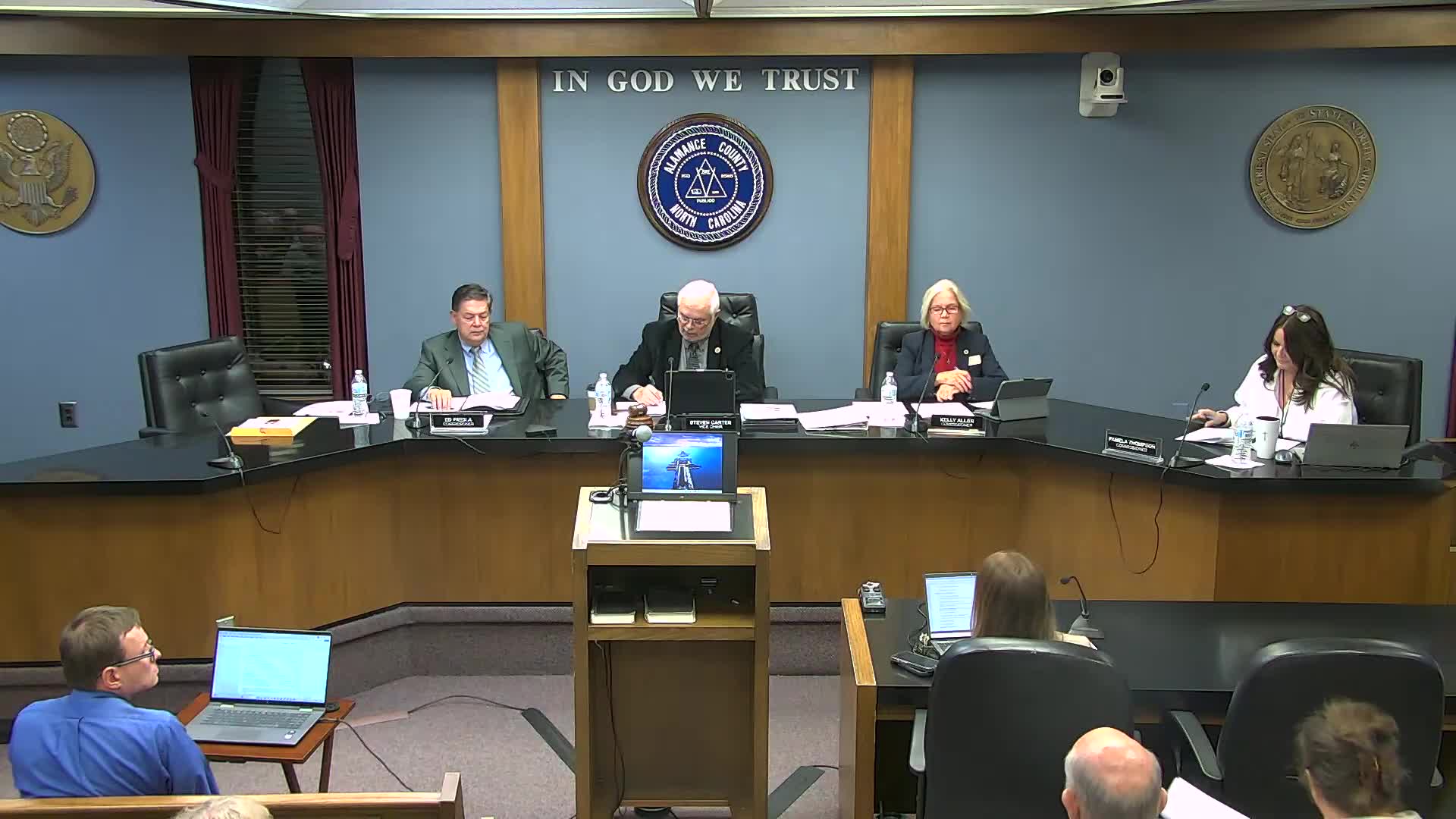VIA Health Says Crisis Care at New Alamance Behavioral Center Is ‘Payer‑Blind,’ But Continuing‑care Gaps Remain
Get AI-powered insights, summaries, and transcripts
Subscribe
Summary
VIA Health described the county’s new behavioral health center as a 24/7 walk‑in crisis hub with a 16‑bed inpatient unit and on‑site pharmacy; VIA said crisis services are provided regardless of insurance but continuing care can be limited when commercial insurers won’t cover specific routine services.
VIA Health presented an overview to the Alamance County Board of Commissioners on Nov. 17 of services and funding challenges at the Alamance Behavioral Health Center, emphasizing that crisis care is provided regardless of a patient’s payer but that gaps emerge when patients need ongoing, non‑crisis treatment covered unevenly by commercial insurers.
Donald Ruse, VIA vice president for behavioral health operations, told the board the center offers walk‑in behavioral urgent care, a peer living room drop‑in space, an on‑site pharmacy and a 16‑bed facility for short‑term inpatient stabilization. ‘‘If somebody comes in, our mobile crisis, anything that’s in a crisis service is payer blind,’’ Ruse said. ‘‘They’re going to get access to those services.’’
Ruse explained funding is complex: Medicaid is the predominant payer and VIA supplements uninsured crisis care when commercial plans either will not pay or RHA (the provider network) is not paneled for a particular commercial product. That leaves some patients without covered continuing‑care options unless RHA can negotiate out‑of‑network agreements or the individual can pay privately.
Commissioners and audience members raised a recent allegation that the center had been closed on at least two nights; VIA said it had investigated and could not corroborate the report, and offered to confer with the sheriff’s office and the family who raised the concern.
VIA also summarized utilization and operations: more than 100 new individuals per month access the walk‑in urgent‑care service; the on‑site pharmacy fills over 1,000 prescriptions monthly; and the 16‑bed inpatient unit had peaks of use (32 individuals in September), with expectations of continued growth.
What’s next: VIA said it is working to negotiate additional insurer paneling for routine services and will follow up with county staff about the specific report of service interruption.
